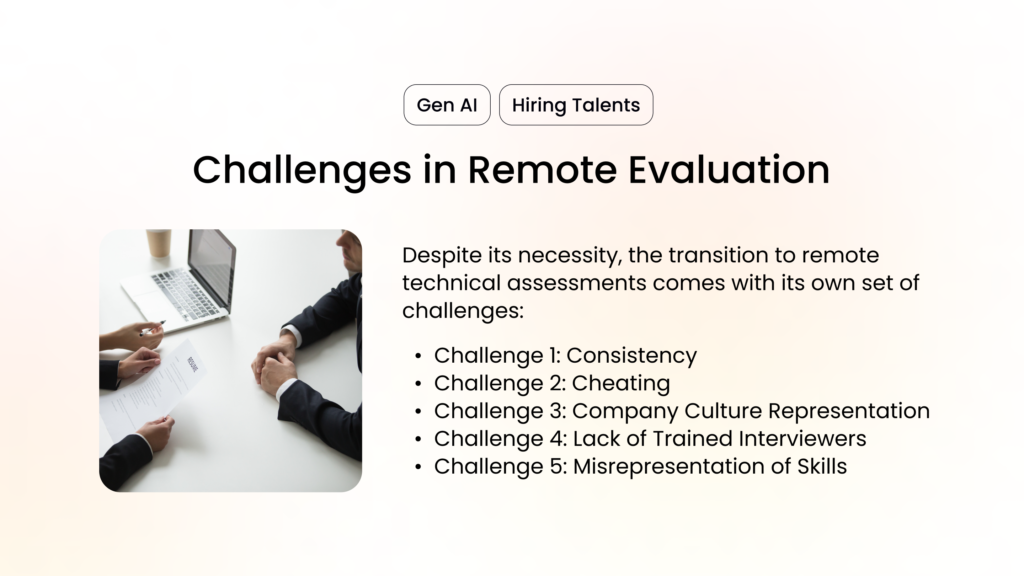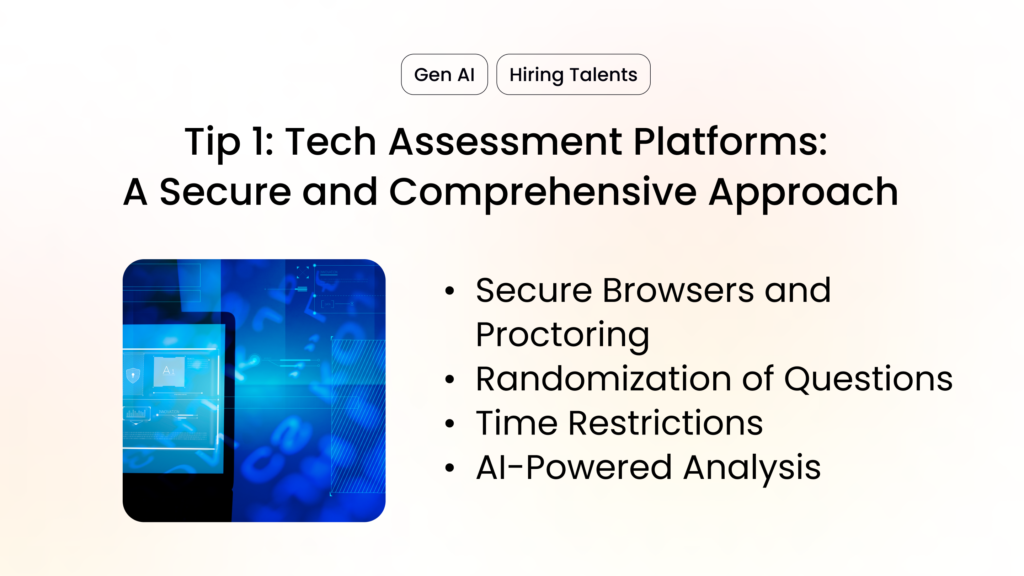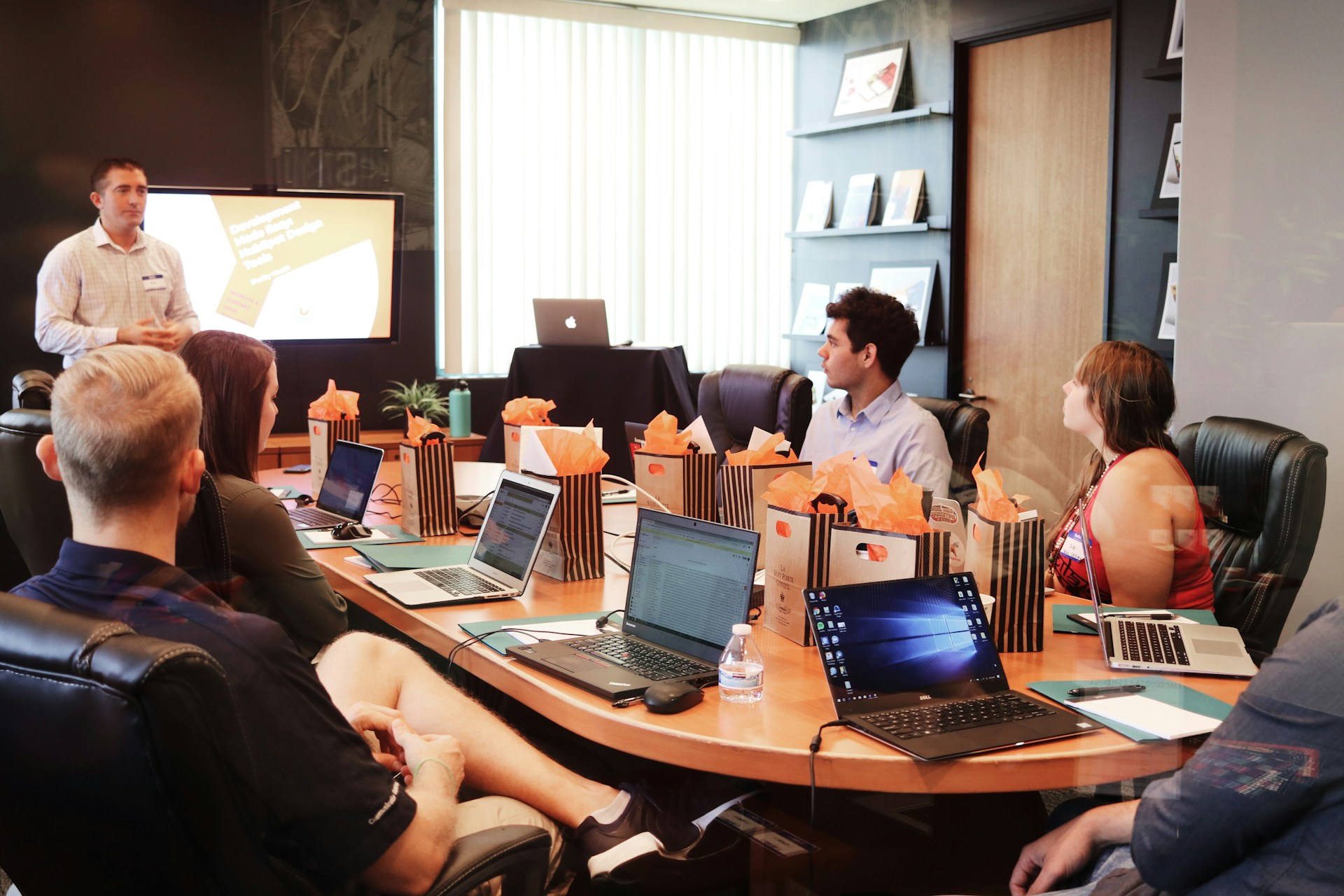In the competitive recruitment landscape, there is an emphasis on enhancing recruitment quality and fostering long-term commitment. According to Indeed’s Report, virtual recruitment has become the most commonly used method in the hiring process.
The virtual hiring process is economical, efficient, and provides access to a wide talent pool – a trend startups are adopting. However, they face the intricate challenge of effectively assessing remote developers’ technical skills.
As 68% of organizations also reported an increase in remote hiring, it is urgent for recruiters to master effective skills assessment in virtual environment. In this article, we will delve into the challenges in assessing technical skills remotely and explore how startups can overcome these hurdles.
The Importance of Technical Skill Assessment
A technical skills assessment is a structured evaluation process that measures a candidate’s expertise in specific technical domains relevant to their role. Depending on the role’s demands and the particular skills needed, the assessment might involve coding tests, live coding interviews, theoretical examinations, practical assignments, or a mix thereof.
Assessing a developer’s technical skills is crucial for finding the right fit for your project. The assessment not only provides an accurate estimation of the developer’s hands-on knowledge but also their ability to adapt to your project’s unique requirements. It ensures project success and avoids costly mistakes.
Challenges in Remote Evaluation
Despite its necessity, the transition to remote technical assessments comes with its own set of challenges:
Challenge 1: Consistency
Recruiters frequently navigate the challenge of ensuring a seamless throughput in virtual technical interviews, a task compounded by the abbreviated timelines far tighter than those available for extensively paced onsite evaluations. This pronounced discrepancy often induces a hurried tempo, potentially hindering a comprehensive appraisal of candidates’ technical competencies and proficiencies. The limitations inherent in remote interviewing necessitate that recruiters refine their methodologies to effectively gauge technical acumen within these constrained durations.

Challenge 2: Cheating
The inherently remote nature of assessments, especially in an online environment, dramatically amplifies the possibility of candidates leveraging unauthorized resources or seeking external assistance. This situation significantly compromises the integrity of the evaluation process, making it challenging to ensure the fairness and accuracy of the outcomes. This issue necessitates the implementation of advanced monitoring and control mechanisms to safeguard the evaluation’s integrity and maintain the credibility of the results.
Challenge 3: Company Culture Representation
Cultivating a sense of belonging among employees and adequately conveying the company’s core values and culture can pose substantial challenges in remote work environments. The lack of physical presence and direct interaction, often facilitated by an office setting, makes it harder to replicate a cohesive and engaging company atmosphere over digital mediums. This scenario necessitates innovative approaches and strategies to ensure team members feel connected and aligned with the company’s goals and ethos despite the geographical distances.
Challenge 4: Lack of Trained Interviewers
With a surprising 47% of hiring managers admitting that they have never received formal training on how to conduct technology-based interviews, there is a noticeable gap in the process of efficiently vetting candidates. This deficiency often results in a dissatisfying experience for both the interviewers and the interviewees. The lack of preparedness in handling tech interviews not only hampers the selection process but also potentially overlooks qualified candidates, ultimately affecting the company’s ability to innovate and stay competitive in the tech industry.
Challenge 5: Misrepresentation of Skills
The increasing tendency of candidates to exaggerate their qualifications and skills presents a substantial obstacle in the hiring process, impeding the acquisition of truly skilled professionals. This situation underscores the need for employers to implement more rigorous and detailed verification mechanisms to ensure that they are able to identify and recruit individuals whose actual abilities align with their claims.
Conducting Remote Technical Assessment Effectively
Addressing these challenges head-on requires innovative solutions tailored to the unique demands of the virtual hiring landscape.
Tip 1: Tech Assessment Platforms: A Secure and Comprehensive Approach
Modern technology arms startups with an array of advanced features meticulously designed to enhance the integrity of technical assessments. These tools are pivotal in creating a fair and efficient evaluation process:

- Secure Browsers and Proctoring: This innovative technology plays a crucial role in maintaining honesty during assessments. By restricting access to unauthorized websites and materials, these tools ensure that candidates rely solely on their knowledge and skills, thus deterring any attempts at dishonesty.
- Randomization of Questions: By leveraging a dynamic question bank, assessments become unpredictable. This methodology prevents candidates from guessing the questions beforehand and preparing rehearsed answers, thus ensuring a genuine evaluation of their capabilities.
- Time Restrictions: The imposition of time limits on assessments is not just about adhering to a schedule. It simulates the pressures encountered in real-world scenarios, challenging candidates to manage their time effectively. This also significantly reduces the opportunity for candidates to engage in deceitful practices by limiting the time available for any attempts at dishonesty.
- AI-Powered Analysis: The use of sophisticated algorithms represents a leap forward in assessment technology. These algorithms can meticulously analyze candidate responses for any inconsistencies or irregularities, offering an unprecedented level of scrutiny. This advanced analysis provides an additional layer of defense against dishonesty, ensuring that the evaluation process is as thorough and fair as possible.
These technological advancements are redefining the landscape of technical assessments, making them more secure, efficient, and reliable than ever before.
Tip 2: Technical Screen Services: Validating Skills Beyond Verification
Enlisting specialized services plays a crucial role in enhancing the recruitment process by providing several key benefits:
- Skill Validation: Expert evaluators play a significant role in the hiring process. They possess the knowledge and expertise required to assess and verify the practical application of technical skills. This ensures that candidates not only have the theoretical knowledge but can also apply their skills effectively in real-world scenarios.
- Reference Checks: Conducting thorough background checks is instrumental in corroborating the candidates’ proficiencies and experiences. This step goes beyond just confirming previous employment details; it involves understanding the candidate’s work ethic, teamwork capabilities, and problem-solving skills through discussions with former colleagues and managers.
- Customizable Assessments: The ability to tailor tests to meet the specific requirements of the role is invaluable. Customizable assessments ensure relevance and offer a more accurate reflection of a candidate’s potential to succeed in the specific position. These assessments can range from technical skill tests to problem-solving exercises designed to mimic real-life challenges they might face on the job.
Incorporating these specialized services into the recruitment process can significantly increase the likelihood of hiring the right candidate, thereby enhancing the overall quality of the workforce.
Tip 3: Fast-Forwarding with AI-powered Talent Pools
Leveraging AI to maintain a dynamic talent pool not only accelerates the recruitment process but also significantly enhances its precision. AI algorithms can match candidate profiles with job vacancies based on skills, experience, and potential cultural fit, streamlining the search for the ideal candidate.
Innovators Hub Asia: Your Remote Tech Talent Solution
At Innovators Hub Asia, we understand the challenges of hiring remote developers. Our Talent-Cloud Service is designed to simplify the process and connect you with the best remote software engineers in Vietnam.
Benefits of our Talent-Cloud Service:
- Access a Network of Top Remote Developers: Our network is built on strong industry connections, ensuring exceptional technical skills and remote work experience.
- Streamlined Remote Technical Assessments: Our platform facilitates efficient and secure skill evaluation.
- Cultural Fit Consideration: We go beyond skills, matching you with developers who align with your company culture.
Crafting the Future of Startup Hiring
The challenge of evaluating technical skills remotely is formidable, but with strategic implementation of tech-driven solutions, startups can transcend geographical limitations to onboard talents that propel their vision forward. This digital shift, although steeped in complexities, presents an unprecedented opportunity to reframe hiring remote tech talent as an advantage rather than an obstacle.
By harnessing innovative technologies and adopting a holistic approach to remote technical assessments, startups stand on the brink of transforming hiring challenges into strategic opportunities, ensuring that every new addition to their team is a stride towards realizing their ambitious goals.






